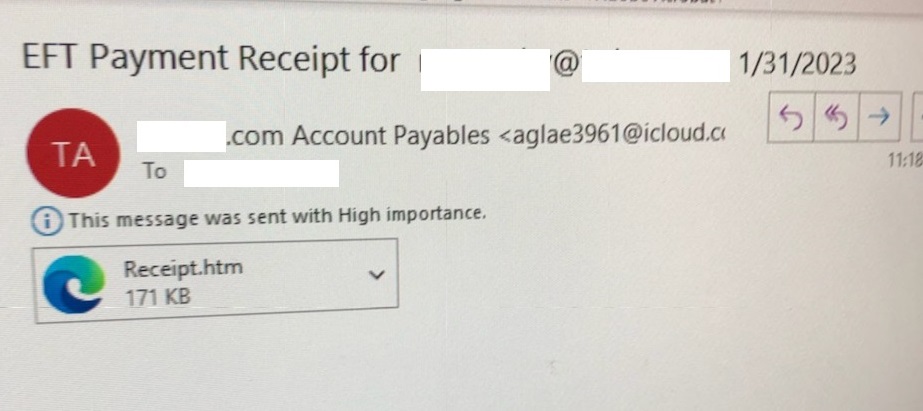
With the fast pace technology we use on all devices, it is increasingly important for office workers to be aware of the dangers of email and phone internet scams. Phishing attempts are becoming more sophisticated and difficult to detect, so it is essential that people remain vigilant when online or when answering unfamiliar texts or calls.
One common form of phishing that office workers should be aware of is email scams. Scammers may send emails disguised as legitimate services which include malicious links or attachments purported to contain important information. Such links may lead to malware installation or other malicious consequences if clicked on. It's therefore crucial that any suspicious emails are not opened and reported immediately in order to protect yourself, your colleagues and your organization’s networks from attack.
Scammers also frequently use phone calls and SMS messages to target unsuspecting victims. If a call or text is received from someone or an organization claiming to be from a bank, business, or other institution and asking for personal information, it's important to exercise caution. Legitimate organisations will never ask for sensitive information such as account details over the phone so any requests of this nature should be refused straight away and reported.
You should remain alert at all times when interacting with unknown contacts online or over the phone in order to protect yourself and your organization from malicious attacks. Phishing scams are becoming more sophisticated and can cause serious harm if not detected quickly. It's crucial that everyone remains vigilant against potential threats.